Search

Headache Help
Headaches come with a variety of symptoms and in multiple forms, but it is up to you to know your body and understand the science behind headaches and how to prevent them.

Practicing Mindfulness With The Breath
Practicing mindfulness through our breath will allow us to take notice of our emotions and what triggers us feel a certain way. When we live in this place of mindfulness, we experience less stress, anxiety, and lack of understanding.

Floods Continue With a Wet Outlook
As April unfolds, major flooding continues along the Eastern rivers. The James River is at crest in Brown county the first week of April and will slowly recede while maintaining flood level for much of April.
How to Grill Amazing Beef Tri-Tip
The beef tri-tip is a newer cut that has become increasingly popular in the recent years due to its excellent flavor characteristics. We have put together a list of tips that will you get started to making a great tri-tip on the grill.
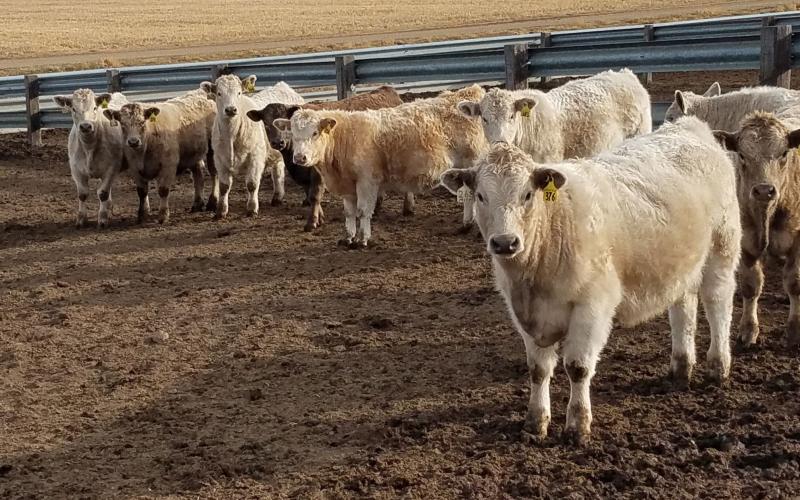
Feeding Value of Light Test Weight Corn
Whether due to planting delays, a cooler growing season, or an unexpectedly early frost, stress factors sometimes result in crops that do not meet standard test weight requirements. So how does reduced test weight affect the feeding value of corn and cattle performance?
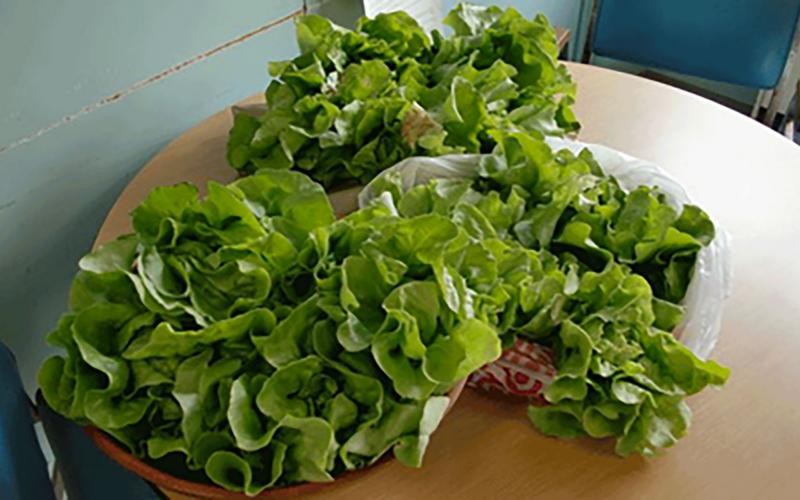
Best Practices When Harvesting Leafy Greens for Market and Home
The harvesting of leafy greens to maintain quality and safety focuses on the key risk factors from the time harvest begins to selling at market. The food safety risk factors involve temperature, time, water, worker hygienic practices, and food contact surfaces.
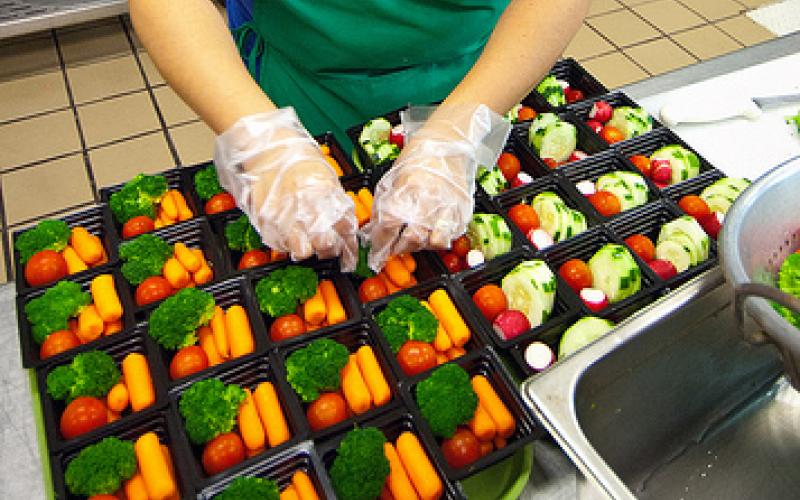
Disposable Gloves: Guidelines for Food Handlers
Improper handling of food and poor personal hygiene by food handlers are leading causes of foodborne illness. Disposable gloves do not take the place of good hygiene and proper hand-washing.
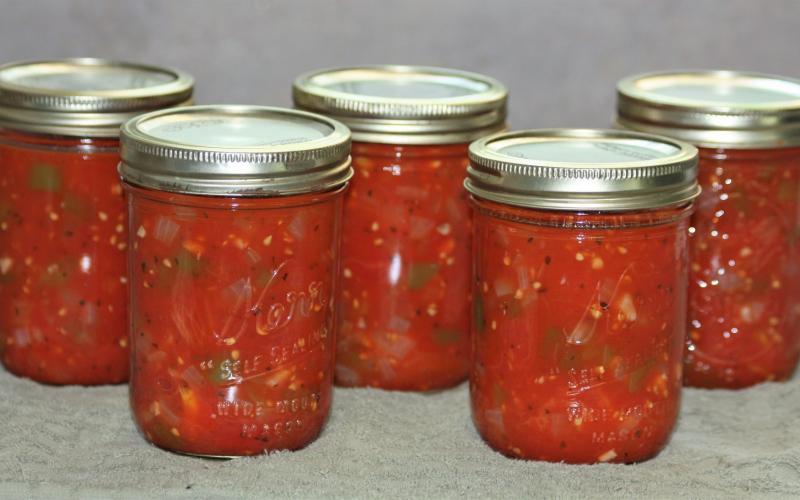
Canning Tomatoes Safely
Home canning tomatoes is a great way to preserve them for later use. It is critical to use proper methods of heat processing to ensure a safe finished product.
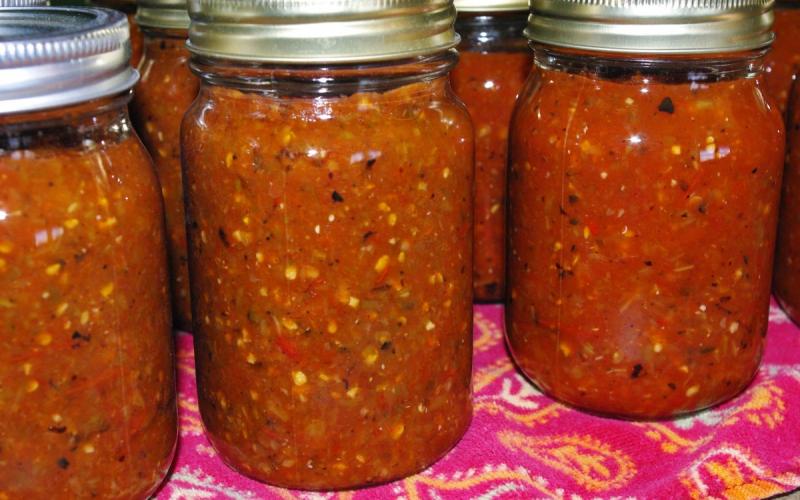
Canning Tomato-Vegetable Mixtures
Tomatoes are unique when it comes to home canning recipes. Some tomato and vegetable recipes recommend using a boiling water bath canner, some recipes recommend a pressure canner, and some recipes offer both options.
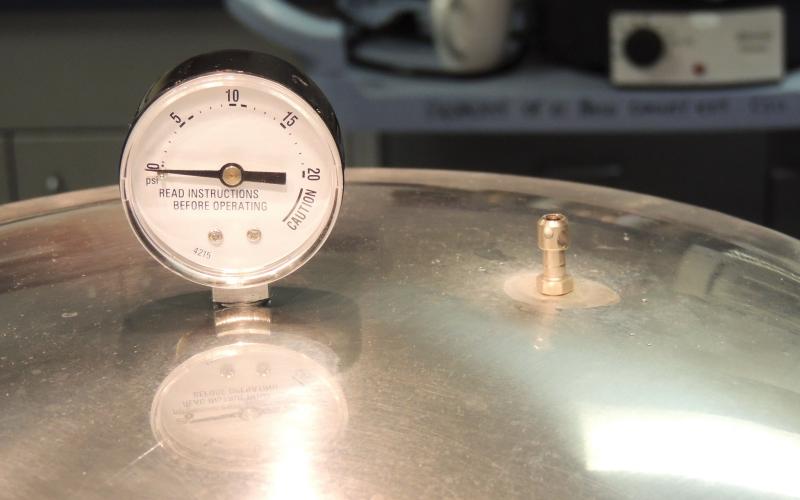
Altitude Adjustments for Home Canning
There are many guidelines to follow when canning, an important one often overlooked is checking one’s need to adjust for altitude.